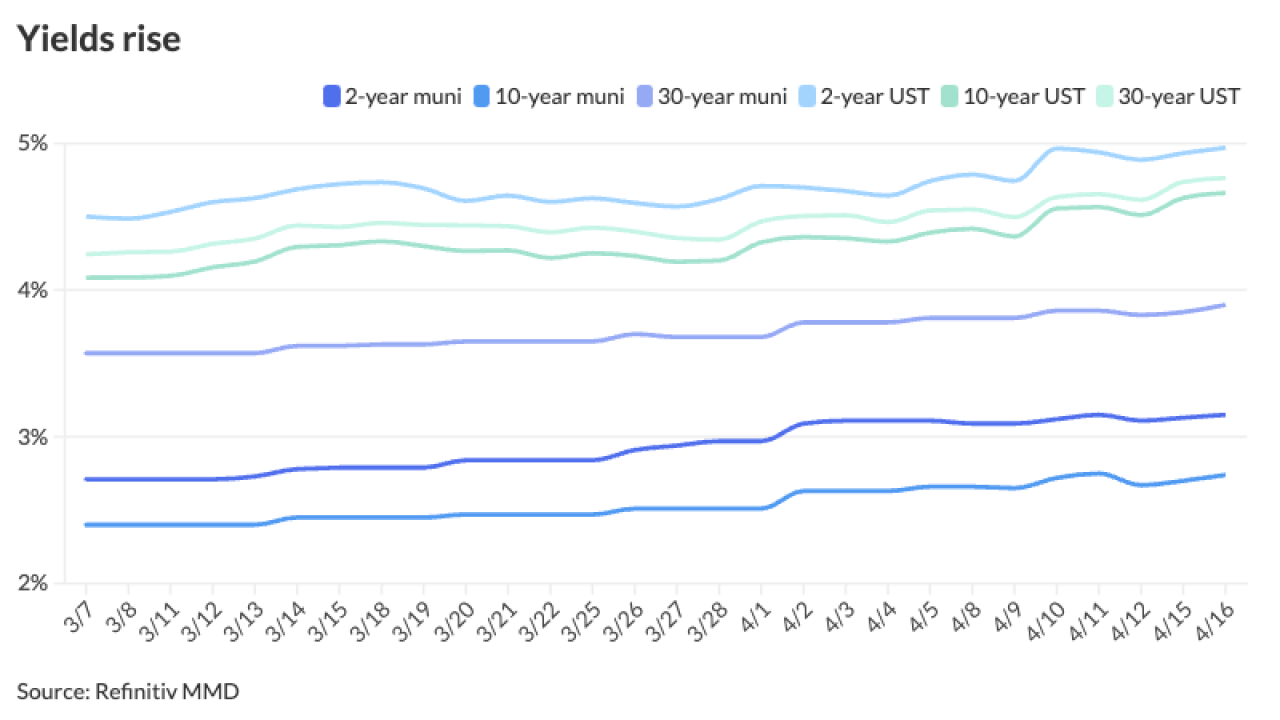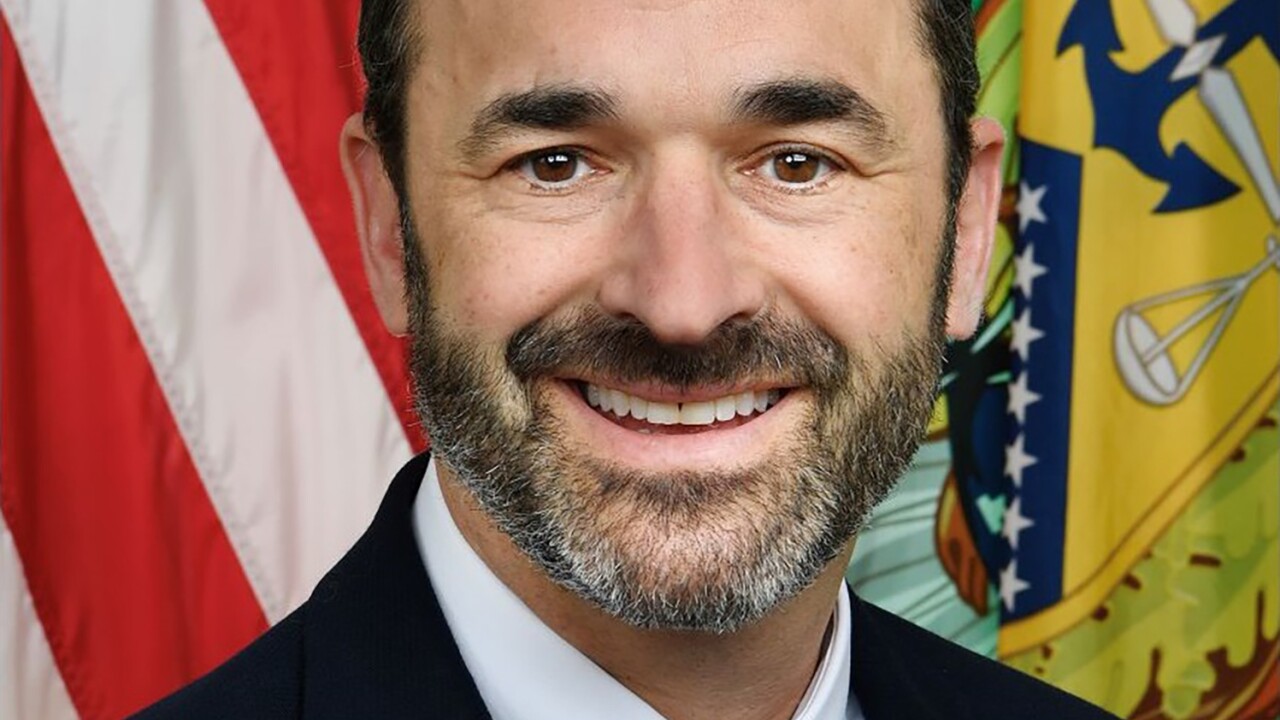
BRADENTON, Fla. - The constitutionality of Florida's property assessed clean energy law is being tested before the Florida Supreme Court.
The justices heard oral arguments Thursday in two separate appeals challenging the July 2014 validation of $2 billion in bonds for the Florida Development Finance Corp.'s PACE financing program.
Florida's PACE law is unconstitutional because it provides for the use of special assessments on tax bills to finance improvements, Florida Bankers Association attorney Ceci Berman with Brannock & Humphries told justices.
Governmental special assessments typically are reserved municipalities and counties to use, and have a lien status equal to property taxes that runs with the land. Such liens supersede the status of a mortgage in line for payment.
"We know under Florida law that it is an immediate contract impairment," Berman said, adding that the PACE act is unconstitutional because of the super priority lien status of the special assessment.
Justice R. Fred Lewis said that would seem to place banks in second position to be paid.
"Correct," Berman said. "The argument is whether this is or isn't a special assessment."
Berman said the financing arrangement for the PACE program should be considered a loan.
Justice Peggy Quince asked if the Legislature could pass other laws allowing the use of special assessments, and added, "We would be in a pretty difficult position if we validated these bonds."
Some justices said they thought the PACE program, enacted into law in 2010, is a worthy endeavor. Others questioned whether the special assessment was appropriate for projects on private property.
Nothing says a special assessment must only be used on public property, said the FDFC's attorney, former Florida Supreme Court Justice Raoul Cantero of White & Case LLP.
Florida Bankers do not have standing to raise the constitutional issue on appeal, Cantero said.
While agreeing that the PACE program is "a win-win for just about everybody," Justice Barbara Pariente said there is a "gray area" in question since a group believes the assessment would impair the priority of their contracts.
In a second appeal of the FDFC's bond validation, former state Rep. Robert Reynolds argued that his due process rights were violated when various documents were amended in the lower court proceeding without notifying the parties involved and holding proper hearings
Attorney James Dinkins of Mark G. Lawson PA argued that the FDFC filed a complaint to validate its bonds based on powers that it did not have, including the authority to levy assessments. The original complaint also said "judicial foreclosure" would be used to collect unpaid assessments, though the PACE law does not provide for that method of collection.
In another argument, Dinkins said the lower court's final judgment is unclear as to whether local governments will delegate their power to levy special assessments or if the local governments will impose the assessments.
He said the lower court erred in validating the bonds by improperly allowing documents to be amended.
The FDFC does not have the authority to enter financing agreements, which is reserved for local governments, he also said.
Cantero said the FDFC addressed those concerns during the lower court approval process, and he did not believe any changes required restarting the bond validation process. He also said he did not recall seeing briefs that raised the issue of the FDFC not being authorized to enter into financing agreements.
The Florida Development Finance Corp. is a state-created conduit issuer, and plans to issue bonds to finance PACE improvements through California-based Renovate America Inc.'s HERO program.
The FDFC requested a bill during the recent legislative session that would have given the agency independent special assessment powers over the objections of local governments. The bill also would have ratified votes of the former FDFC board, whose appointment were not confirmed or had expired.
The bill appears to have died in the regular session.
However, a special 20-day session begins June 1 to continue work on the fiscal 2016 state budget. The complete agenda has not been released and it is not clear if bills will be considered other than legislation that supports the budget.





